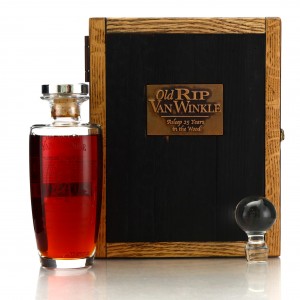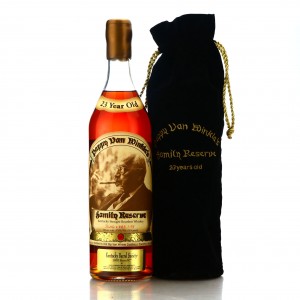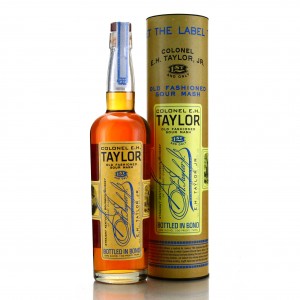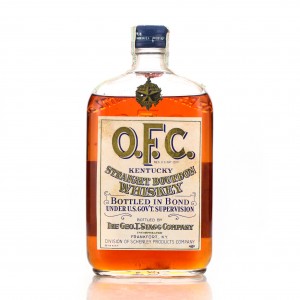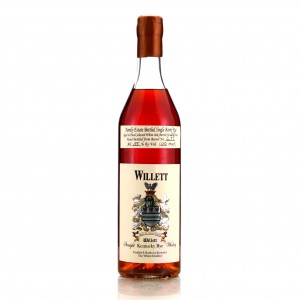American Whiskey
America has had a storied history of distilling since the 18th century. From thrifty farmers that turned their hands to distilling alcohol with surplus crop, to settlers from Scotland and Ireland who set up stills on arrival to the ‘new world’, the early days of whiskey production would go on to shape what is now a thriving industry synonymous with American culture.
The world of American Whiskey holds a vast array of spirits to explore with seemingly endless variety - from bourbon and rye to malt, corn and Tennessee whiskey. The vintage, rare and old whiskies from America are truly a product of their time, more often than not holding a direct connection to historical events at the time. Local and national happenings, political or otherwise, can be linked to the production of spirits, and, arguably, no event impacted more so than Prohibition. In 1920 America saw its (legal) production of whiskey ground to a halt with the introduction of strict Prohibition laws - an era that would become one of the most historically significant moments in American history.
Bourbon and American whiskeys have been admired for decades, however, the popularity of American whiskey collecting has soared in recent years. Now firmly in the sights of global whisky enthusiasts and collectors, the value of American whiskey has explosively risen year-on-year and Whisky Auctioneer has become a market leader in offering rare and collectible bottles ranging from the pre-prohibition era to modern day collectibles.
>> Read An Expert Guide to Collecting American Whiskey
Whisky Auctioneer regularly welcomes rare and collectible American bourbons and rye in our monthly auctions. Presenting a market-leading offering of over 1,000 lots of Ameican whiskey each month, browse all past and present lots or contact us if you are interested in selling a bottle of rare American whiskey.
Brief History of American Whiskey: Pre-Pro and Prohibition Era
With the passing of the Prohibition Act in 1920, the outlook for the U.S. whiskey industry looked bleak. The production, sale and consumption of alcohol was made illegal, shutting down every distillery in the country. There was however, a loophole in the law that permitted the continued bottling of bonded stock from distillery warehouses as a medicinal product. The bottles could only be produced in pint and half pint sizes, and could only be obtained by prescription from a doctor, or as a weekly ration to bakers.
Only six companies were able to obtain permits to produce medicinal whiskey, buying up as much of the country’s distilleries and stock as they could. These were Brown-Forman, A. Ph. Stitzel, the American Medicinal Spirits Company, Schenley, James Thompson & Brother, and Frankfort Distillers. The medicinal whiskey business was not a big one, and turned only modest profits. Most of the companies operated only on the expectation that one day the act would be repealed, which it was in 1933, and the industry only managed to revive itself due to the faith of these businesses.


